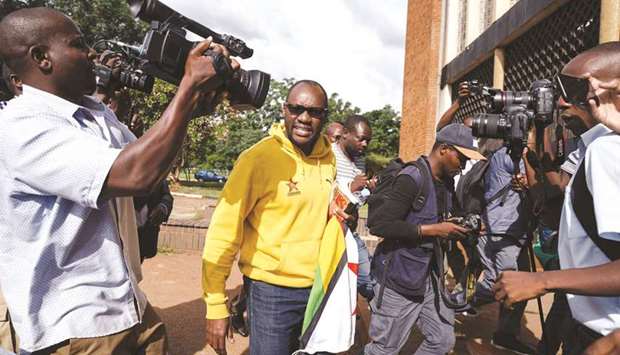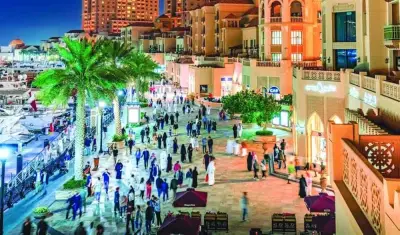Zimbabwean activist Evan Mawarire yesterday appeared in court in Harare to face subversion charges as authorities cracked down on anti-government protests in which doctors say 68 people suffered gunshot wounds.
Nationwide demonstrations erupted on Monday after President Emmerson Mnangagwa announced that fuel prices were being doubled in a country suffering regular shortages of fuel, food and medicine.
Mnangagwa, who succeeded ousted authoritarian president Robert Mugabe in 2017, had promised a fresh start for Zimbabwe after decades of repression and economic decline.
Mawarire, a leading government critic, was arrested at his home on Wednesday.
“I can’t tell you how disappointing it is. We thought we had a new country and a new way of doing things,” he told reporters as he entered the court.
“None of what I am being accused of is what I have done. If we have true justice in this country, let’s see it at play. I am very upset.”
Mawarire is accused of subverting a constitutional government and incitement to commit violence by posting videos on social media supporting a national strike.
The court hearing was adjourned until today after Mawarire’s lawyer described the allegations as “deliberate falsehoods”.
Trade unions had called the national strike on Monday over the fuel price hikes, and furious demonstrations took place in several cities with widespread rioting and looting.
Security forces have since arrested about 600 suspects, including leading trade unionists and MDC opposition party figures, in a crackdown decried by rights groups.
Police and soldiers have been accused of indiscriminately dragging people from their homes in Harare and beating them.
The Zimbabwe Association of Doctors for Human Rights said it had treated 68 people for serious gunshot wounds, criticising the “disproportionate response by the state apparatus” to the protests.
Local action groups have put the death toll at between five and 16.
“This current regime led by President Mnangagwa has been talking positively, promising reforms but in reality there hasn’t been any improvements,” Dewa Mavhinga, of Human Rights Watch, told AFP.
“Even Mugabe did not shut down the Internet for two days, even Mugabe did not have his police shoot people in broad daylight, and there is no accountability.”
Mnangagwa, 76, on Wednesday denied security forces had been heavy-handed.
The president, on a trip to Europe, told state broadcaster ZBC, that no leader could “have their security (forces) go to sleep when shops are being looted.”
Mawarire, a pastor, became a prominent voice during protests of 2016 when he posted videos on social media criticising the government while wearing a Zimbabwean flag around his neck.
His posts inspired the ThisFlag movement that led mass protests against Mugabe, who was ousted after a military takeover.
Since Mnangagwa’s disputed election victory in July, the country has been hit by renewed shortages of daily essentials.
Long queues lasting hours or even days form outside petrol stations and banks — both fuel and cash are rationed.
Two days after last July’s election, soldiers opened fire using live bullets on protesters in Harare, leaving six dead.

Zimbabwe activist Pastor Evan Mawarire arrives at the Harare Magistrates Court yesterday.


